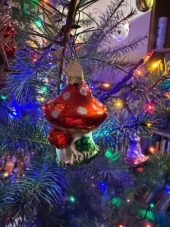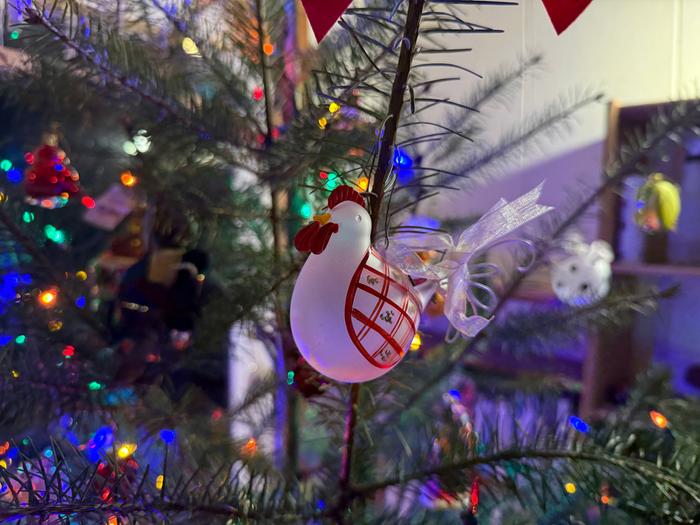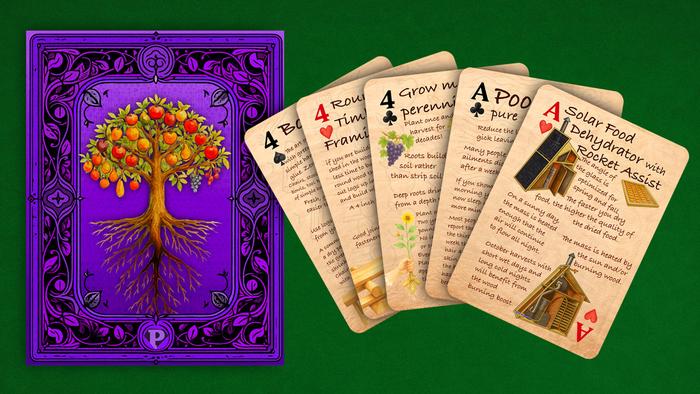Thinking about raising pigs but not sure where to start?
This course is designed for beginners who want a clear, practical introduction to raising pigs in healthy, low-stress ways. You’ll learn how to choose piglets, train them to electric fence, feed and water them properly, and handle common health concerns with confidence.
The lessons walk you through real-world setups, including raising pigs on pasture and in forests, loading pigs for transport, and building fencing and water systems that actually work. Nothing assumes prior experience, and everything is explained in plain language.
Instead of theory, this course focuses on what you need to know to get started and avoid costly mistakes. By the end, you’ll have a solid understanding of pig behavior, daily care, and simple infrastructure so you can raise pigs humanely and efficiently from day one.
What's in the course:
Module 1: The Basics of Raising Pigs
Lesson 1 -Introduction
Lesson 1.2: The Pro's and con's of pigs
Lesson 2: Breed Selection
Lesson 3: Acquiring Piglets
Lesson 4: Training to electric fence
Lesson 6: Water for pigs
Lesson 7: Forest vs Pasture
Lesson 8: Health concerns
Lesson 9: When to raise pigs
Module 2: Raising pigs in forests
Lesson 1: Introduction to forest raised pigs
Lesson 2: Forest raised pork
Lesson 3: Loading pigs for the butcher
Module 3 Materials, equipment and infrastructure
Lesson 1: Introduction
Lesson 2: High tensile fence
Lesson 3: Buried water systems
Lesson 4: Fence chargers and misc. tools
Lesson 5: Internal fence
Lesson 6: External high tensile fence
Lesson 7: Bulk feed storage
Here's a sample video:
There are 20 instructional videos totaling 3 hours and 58 minutes.

























